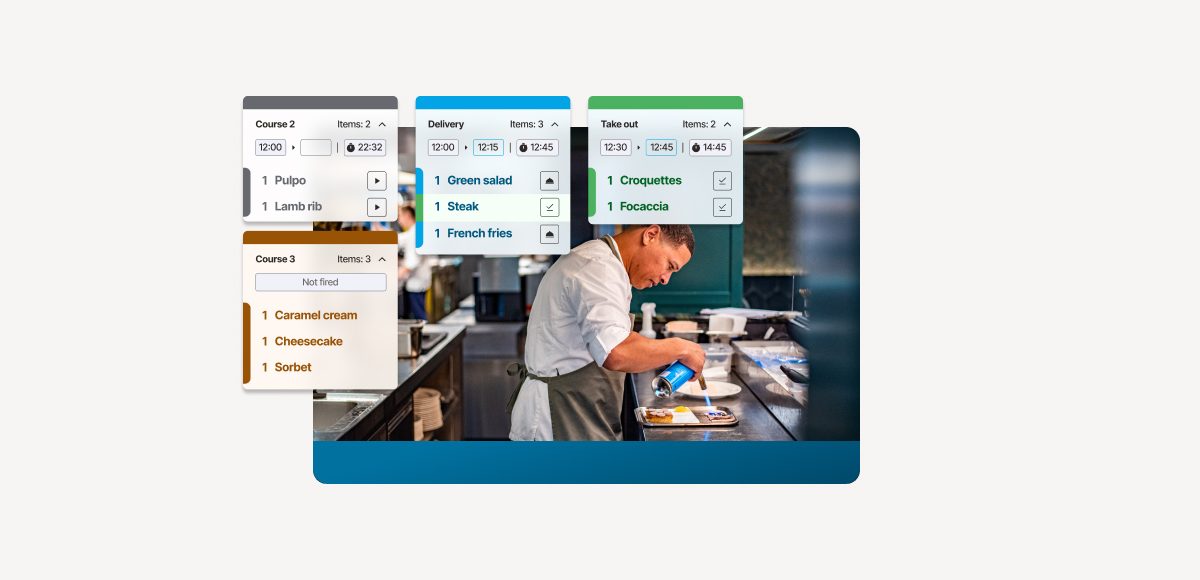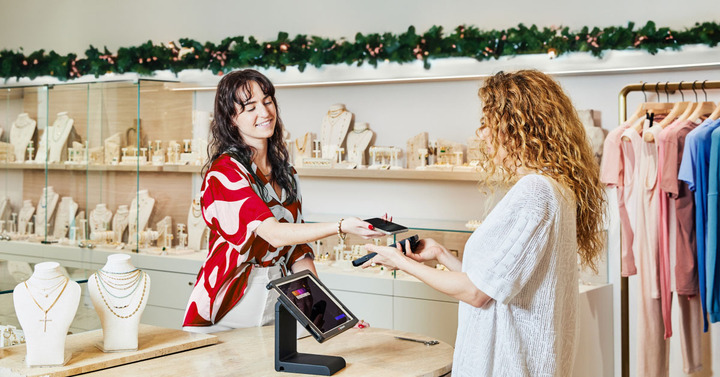
Lightspeed kicked off our Community through Commerce initiative with a pilot study to find out how the COVID-19 crisis impacted the LGBTQ+ business community in North America.
“Lightspeed was founded in 2005 in Montreal’s gay village, and its original members were all part of the LGBTQ+ community,” says Dax Dasilva, Founder and CEO of Lightspeed. “The ethos of our business has always been about diversity and inclusion from the very start.”
The results of the study, which we commissioned Carleton University’s Sprott School of Business to perform with support from Canada’s LGBT+ Chamber of Commerce, are being released alongside the results of Lightspeed’s latest Global Diversity and Inclusion survey.
Our internal survey revealed that 16.81% of Lightspeed’s global employees who participated in the survey identify as LGBTQ+ and 9 out of 10 report that they feel comfortable talking about their culture and background with their colleagues. 83% of participating Lightspeeders feel they can be their authentic selves in the workplace.
“This research was particularly important to us,” says Dasilva, of the study on LGBTQ+ businesses. “Both in the US and in Canada, majority-owned LGBTQ+ businesses generate trillions of dollars of contributions to the total GDP. Given their importance and influence on our economies, we wanted to understand exactly how the pandemic has affected this community and start a conversation with businesses and chambers of commerce across North America to help us build even better tools for resiliency.”
Who participated
The pilot survey was open to any senior executive or founder of a business that is majority owned by a self-identified member of the LGBTQ+ community. Researchers also interviewed the leaders of organizations that represent, support or advocate for the LGBTQ+ business community.
A wide range of businesses were included, varying in size and sector. Service and technology-based businesses made up the majority.
Purpose of the study
- To assess whether there has been a disproportionately negative or positive impact from the pandemic on LGBTQ+ businesses and entrepreneurs
- To find out if LGBTQ+ businesses, in responding to the COVID-19 crisis, turned to or benefited from gay villages and neighborhoods or similar community organizations
- To explore opportunities for investment and support that business owners perceive as necessary or helpful for post-pandemic recovery
Key results
According to qualitative data gathered from the study, gay villages saw a disproportionate amount of closures, boarded up storefronts and high rents compared to the rest of the LGBTQ+ business community.
A bit of context helps us understand why. The types of businesses located in the villages are mostly retail, restaurants, bars and entertainment venues which were hardest hit during the pandemic.
Real gross domestic product (GDP) of such places fell 39.5% in March of 2020 and by another 40.8% in April as many of these businesses either closed completely or operated at a greatly reduced capacity, like exclusively providing takeout or delivery services.
More than half (56%) of food service and pub operators reported being closed at some point last April, while 41% reported being closed for the entire month. By the end of that month, sales in the food services and drinking place subsector fell 61.3% from pre-pandemic levels observed in February of 2020.
It was a similar story in the US. The National Restaurant Association reported that restaurant and food service sales were $240 billion below their 2020 pre-pandemic forecasts. 110,000 eating and drinking establishments closed either temporarily or for good, and 2.5 million restaurant industry jobs disappeared.
Businesses in gay villages were up against steep odds, and our study revealed that something deeper was also at play.
According to study participants, the villages are not seen as fostering business and entrepreneurship or providing a community or resources for businesses outside of retail and hospitality.
Though not seen as supporters of commerce, gay villages are viewed as tight-knit communities with the potential to reach out to intersectional community members. As the post-pandemic recovery continues, there is an opportunity for villages to attract young entrepreneurs and businesspeople who value the community and relish opportunities to collaborate.
Greater collaboration and partnership with organizations like Economic Development and the Business Improvement Area could increase opportunities in the gay villages, and those villages have the potential to promote diversity within LGBTQ+-owned businesses in their services and outreach—to become safe spaces and hubs of innovation.
Women and people of color are significantly underrepresented among LGBTQ+ business owners.
Participants in the study were overwhelmingly male (70%), reflecting nationwide studies showing that 80% of businesses in the United States and 79% in Canada have majority male ownership. The demographics presented in the findings may reflect the study’s approach. City business chambers were major partners, and many participants were identified through those organizations.
The majority of respondents did not identify as intersectional (80%), while intersectional business owners in all sectors reported the greatest challenges in gaining access to support and investment. Greater attention is needed to develop more opportunities and support for intersectionality within the community.
Canada lags behind the US in recognizing LGBTQ+-led businesses for preferential spending, procurement and relief funds.
Small businesses and new entrepreneurs prefer a range of finance options, including loans, grants and investment.
Study participants pointed out that in the US, recognition is occurring at the city and state level, moving toward federal recognition of LGBTQ+-owned businesses. As of January 2021, New York City became the largest city to recognize LGBTQ+-owned companies as minority-owned businesses, making them eligible for billions in city contracts and other resources.
In Canada, however, the federal government lags behind in recognizing the LGBTQ+ business community as minority-owned businesses, which prevents them from accessing similar funds.
63% of LGBTQ+-led businesses surveyed overall were negatively impacted by the pandemic while 37% thrived
The percentage of surveyed LGBTQ+ businesses that saw stable or increased revenue was considerably higher than the general business community. 37% of businesses in the survey reported as thriving, as compared to the 28% of Montreal businesses identified by the Canadian Federation of Independent Business.
LGBTQ+-led businesses that fared well saw their revenues increase by up to 40%, achieved mostly by bolstering their online presence.
More about the study
This exploratory study is part of Lightspeed’s overarching Community through Commerce initiative, which serves as a tactical, data-driven approach to better understand the businesses Lightspeed powers with its one-stop commerce platform. We sought to gather actual data that would support some of the assumptions made about the true impacts of COVID-19 on this community.
The study focused on businesses in six North American cities: Toronto, Montreal, Vancouver, San Francisco, New York and Los Angeles. There were two parts: a survey of business leaders and interviews with leaders of organizations that represent, support or advocate for the LGBTQ+ business community.
Available in English and French, the survey was open to any senior executive or founder of a business that is majority owned by a self-identified member of the LGBTQ+ community. The structured interviews were conducted with leaders of the LGBT Chambers of Commerce, with leaders of similar advocacy organizations and with LGBTQ+ business leaders.
The study also confirmed trends that Lightspeed reported during its third quarter earnings regarding revenue growth in Australia, which had recently reopened its economy. Much like those findings revealed, LGBTQ+ respondents of our North American study said that they were intentionally buying local and supporting cities and neighborhoods to recover. This was also in line with our pan-European consumer behavior results, which showed that Europeans have been returning to in-person dining and willing to pay more, tip more and prioritize local restaurants over chains.
Data gathered from the study is current as of July 12, 2021.
Get involved
This study is replicable in more cities and across a greater number of industries. If you identify as LGBTQ+ and lead a business, we invite you to participate in the survey.
As a next step in this initiative, Lightspeed will engage with local North American LGBTQ+ chambers of commerce to identify ways to help merchants continue to build thriving businesses.


